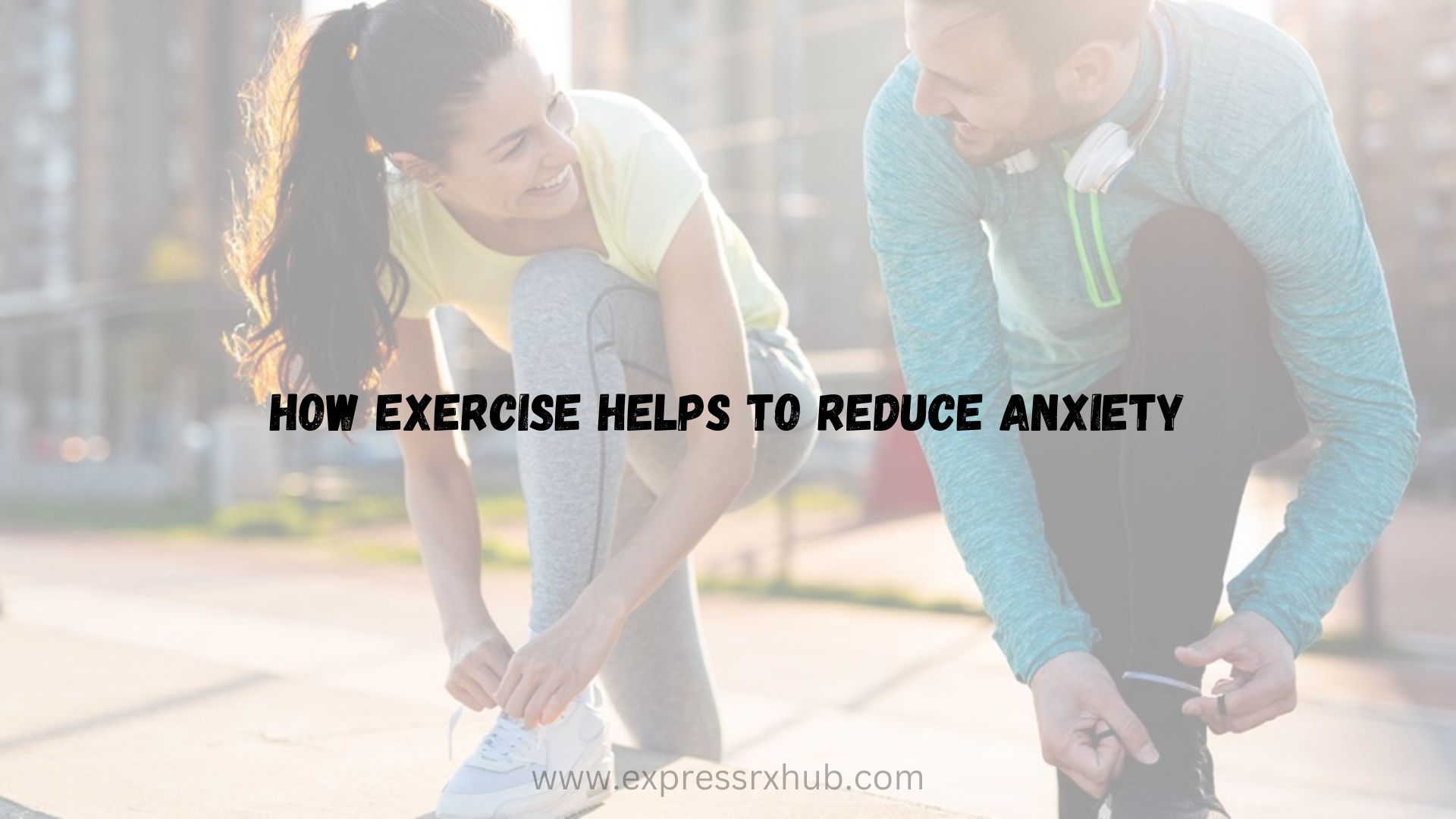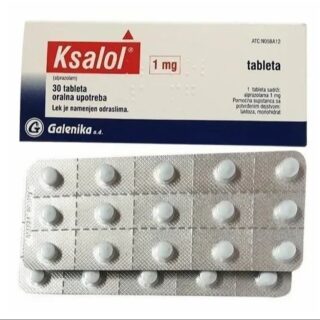
Anxiety:How to Use Exercise to Reduce Anxiety and their key benefits
Anxiety is a mental health condition that affects millions of people worldwide. It often presents as chronic worry, tension, and even physical symptoms such as a racing heart or shallow breathing. While therapy and medication are often necessary to manage anxiety, one of the most powerful and natural tools that is often overlooked is exercise. Physical activity not only strengthens the body but also provides great benefits for mental well-being. As for research that suggests that an average amount of physical activity really has the potency to minimize anxiety by leveling off elevated states of an emotional experience, while promoting good humor, diverting overwhelming thoughts – the following discusses six of the principal ways through which exercising helps eliminate anxiety and benefit overall mental status as a multidisciplinary condition management strategy. From casual exercise to becoming a professional, these benefits of movement can turn the game on its head while working toward achieving emotional balance.
What is Anxiety?
Anxiety is an instinctive, natural reaction to stress and typically presents with worries, fear, or a feeling of unease. It may range from mild nervousness about an important presentation to feelings so intense they begin to disrupt the person’s ability to carry on their life as usual. While it is a normal part of the human experience, it can become problematic when it persists for extended periods or occurs without a clear trigger. In this blog post, we’ll explore what anxiety is, its symptoms, causes, and how it can affect both your mind and body.
Understanding Anxiety and stress

At its very core, anxiety is your body’s natural reaction to stress. It is a part of the “fight or flight” response, a physiological mechanism that readies you to react to possible threats. Whenever you encounter something that feels dangerous or stressful, your brain initiates a series of physical reactions: your heart rate increases, muscles tense up, and your mind becomes hyper-alert. This was important for our ancestors, who needed to react fast to get away from threats such as predators or dangerous situations.
However, in the modern world, it does not always coincide with real danger. It can even happen in situations that are not life-threatening, such as an upcoming work deadline, a difficult conversation, or meeting new people. For many individuals, anxiety can become chronic, triggered by everyday situations or even without any apparent reason.
Here are six key benefits of using exercise to manage anxiety:
1. Releases Endorphins, Your Body’s Natural Mood Boosters
One of the immediate benefits of exercise is the release of endorphins—often referred to as “feel-good” hormones. These natural chemicals are responsible for improving your mood and creating a sense of well-being. As you engage in physical activity, your brain will produce endorphins, helping to combat those negative feelings that come with anxiety. Regular exercise helps you feel these mood-boosting effects consistently, thereby creating a natural buffer against anxious thoughts.
2. Reduces stress hormones like cortisol
Most anxiety arises from overproduction of stress hormones, such as cortisol. Elevated cortisol levels may result in increased anxiety and even physical manifestations, such as muscle tension. Exercise is an effective method for lowering cortisol levels in the body. By exercising through running, yoga, or swimming, you will help to stabilize these hormones, which in turn can reduce the physical and mental symptoms of stress and anxiety.
3. Better Sleep Quality
Anxiety leads to poor sleep and disrupted sleeping routines. With anxious thoughts running rampant in the head, one might find it hard to sleep or even if asleep, not to stay asleep. Regular exercise is known to promote good sleep quality since it minimizes anxiety and creates a state of relaxation. Exercise whether brisk walk or full workout session helps your body release the tension that might otherwise keep you up at night. A good night’s sleep in turn helps reset your mind, making it easier to handle it during the day.
4. Builds Confidence and Self-Esteem
Chronic anxiety can leave people feeling silly, helpless, or overwhelmed. With exercise, though, comes the boost in physical fitness, which creates a sense of achievement. Whether lifting weights, doing yoga, or just jogging, reaching physical goals can give you that confidence and high self-esteem boost. As the body gets healthy, so does the mind, and people become more equipped to handle their anxiety with resilience.
5. Acts as a Healthy Distraction from Anxious Thoughts
This is one of the most significant benefits of exercise–especially because it can be a mental break from the grip of anxiety. Focusing on physical activity–especially activities that require great focus, like sports, dance, or martial arts–helps distract you from the constant, round-the-circle negative thoughts often associated with anxiety. It gives your mind a break and turns you around to letting you be focused on the task at hand instead of on the things that trigger your anxiety.
6. Encourages Social Contact and Social Support
Exercise also provides the opportunity to get out and about, socializing with others which is also helpful in the management of anxiety. Joining a fitness class, playing team sports, or working out with a friend are just a few ways to exercise with others. It reduces feelings of loneliness and isolation that often accompany anxiety. The support and camaraderie from others can give you emotional relief and remind you that you are not alone in your struggles.
Final Thoughts
Exercise is a powerful, natural remedy that can play a crucial role in managing anxiety. From the chemical release of mood-boosting endorphins to the physical benefits of better sleep and reduced stress, exercise offers both immediate and long-term relief from the grip of anxiety. Start with activities you enjoy and gradually build a routine that suits your lifestyle—whether it’s yoga, running, swimming, or simply going for a walk in nature. Not only will you feel better physically, but the mental and emotional benefits can be just as transformative.
Remember, while exercise can significantly reduce anxiety, it should be part of a holistic approach to mental health. If your anxiety persists or worsens, consider reaching out to a healthcare professional for additional support.









Leave a Reply